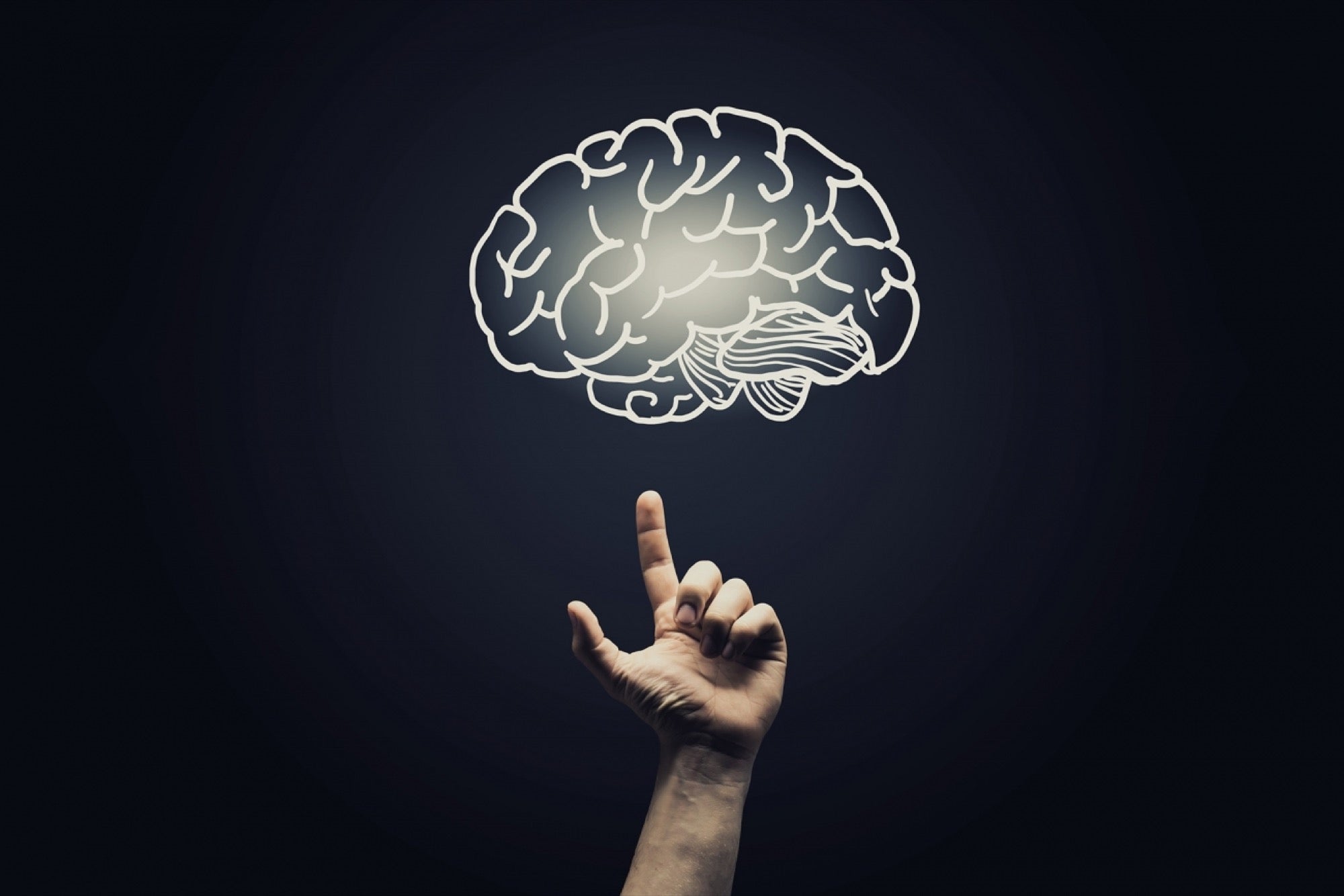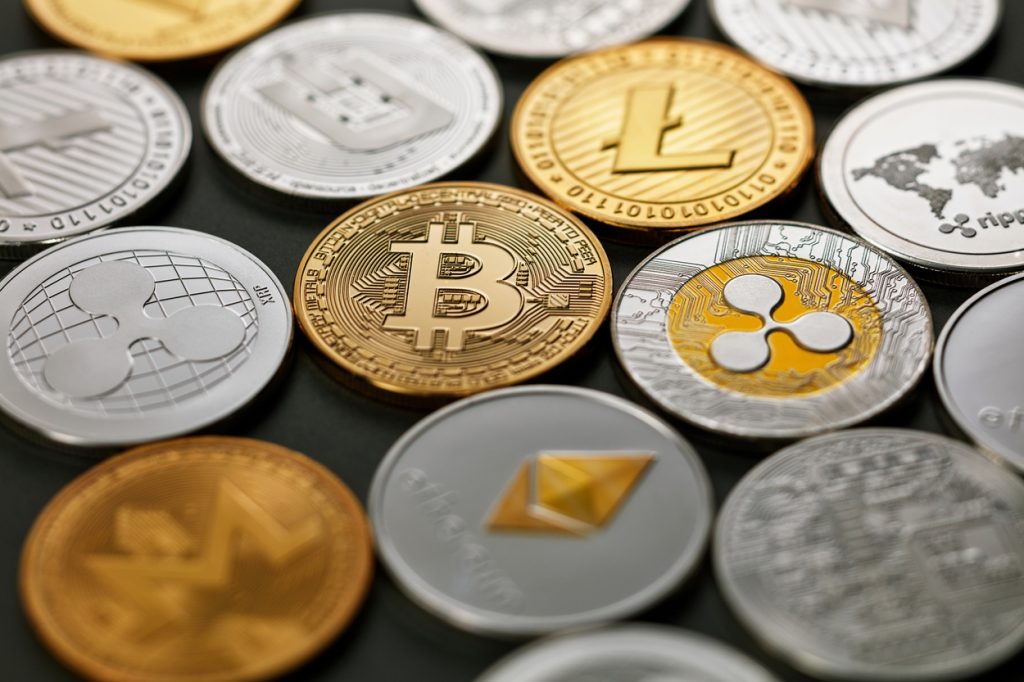Money: The Engine of Modern Civilization
Money, a seemingly simple concept, is one of the most influential forces shaping our world. It drives economies, impacts societal structures, and defines cultural norms. This article delves into the various facets of money, tracing its evolution and exploring its profound effects on contemporary society.
The Core Functions of Money
Money serves several fundamental functions that are essential to a functioning economy:
Medium of Exchange: Money facilitates trade by acting as an intermediary. Unlike barter systems, which require a mutual desire for goods or services, money provides a common basis for transactions, making trade more efficient and widespread.
Store of Value: Money allows individuals and businesses to save and accumulate wealth. This stored value can be used for future expenditures, investments, or emergencies. For money to serve this function effectively, it must maintain its value over time, although it can be affected by inflation.
Unit of Account: Money provides a standard measure for pricing goods and services. This standardization simplifies economic planning, accounting, and comparison of values, allowing for better decision-making in both personal and business finances.
The Historical Evolution of Money
Money has undergone a remarkable transformation from its primitive origins to the sophisticated systems we use today:
Barter System: In early human societies, trade was conducted through barter, the direct exchange of goods and services. This method was limited by the need for a double coincidence of wants, where each party must have what the other desires.
Commodity Money: To overcome the limitations of barter, societies began using commodities with intrinsic value, such as livestock, grains, and precious metals. These items were widely accepted and could be used directly in trade.
Metallic Money: Metals like gold, silver, and copper became preferred forms of money due to their durability, divisibility, and intrinsic value. The invention of coinage standardized values and facilitated easier and more reliable trade.
Paper Money: With the growth of economies and trade, carrying large quantities of metal became impractical. Governments and banks began issuing paper money, initially backed by reserves of precious metals, making transactions more convenient.
Fiat Money: Today, most countries use fiat money, which has no intrinsic value and is not backed by physical commodities. Its value is based on government regulation and public trust in the issuing authority. Fiat money includes coins, banknotes, and digital currency.
The Impact of Money on Society
Money's influence extends far beyond its economic functions, affecting every aspect of human life:
Economic Growth and Stability: Money is crucial for economic development. It enables efficient resource allocation, investment, and savings, driving economic growth. Central banks play a vital role in regulating money supply and maintaining economic stability through monetary policy.
Social Inequality: Access to money and financial resources often determines an individual's quality of life, educational opportunities, and social mobility. While money can create prosperity, it can also exacerbate social inequalities, presenting a significant challenge for policymakers.
Cultural Influence: Money shapes cultural values and societal norms. The pursuit of wealth and material success is a dominant theme in many cultures, influencing how individuals perceive success and social status. Money also impacts lifestyle choices and aspirations.
Psychological Impact: Money affects psychological well-being. Financial security provides a sense of control, freedom, and peace of mind, while financial instability can lead to stress, anxiety, and a diminished sense of well-being.
The Future of Money
The concept of money is continually evolving, driven by technological advancements and changing economic landscapes:
Cryptocurrencies: Digital currencies like Bitcoin and Ethereum are challenging traditional notions of money. These decentralized currencies offer new ways of conducting transactions and storing value, independent of government control and traditional financial institutions.
Mobile Payments: The rise of mobile payment technologies, such as Apple Pay, Google Wallet, and various peer-to-peer payment apps, is transforming how people transact. These platforms offer convenience, speed, and security, promoting a shift towards cashless societies.
Central Bank Digital Currencies (CBDCs): Many central banks are exploring the development of digital currencies. CBDCs aim to combine the benefits of digital transactions with the stability and trust of traditional fiat money, potentially transforming monetary policy and financial inclusion.
Financial Inclusion: Innovations in fintech are improving access to financial services for unbanked and underbanked populations. Mobile banking, microfinance, and digital financial services are empowering individuals and small businesses, fostering greater economic inclusion and development.
Money is a fundamental pillar of modern civilization, essential for economic transactions and deeply intertwined with social and cultural systems. Its evolution from barter to digital currencies reflects human ingenuity and adaptability. As technology and economies continue to advance, the nature of money will undoubtedly transform, presenting new opportunities and challenges. Understanding money's multifaceted role helps us appreciate its profound impact on our lives and the broader world.
Recommended Financial Websites
💰 Money






























0 Comments